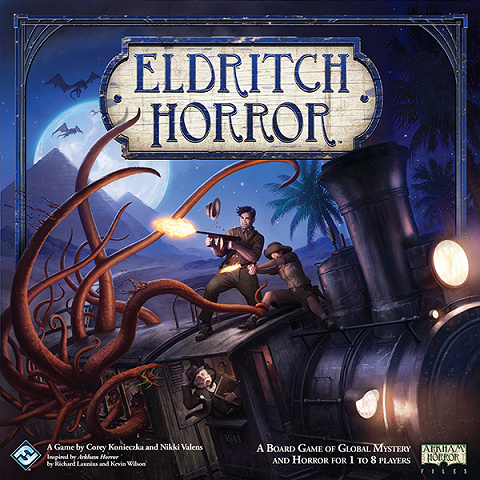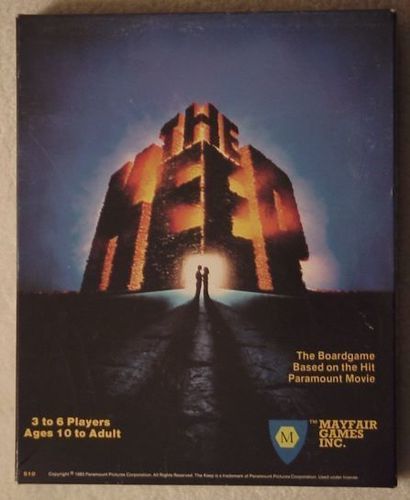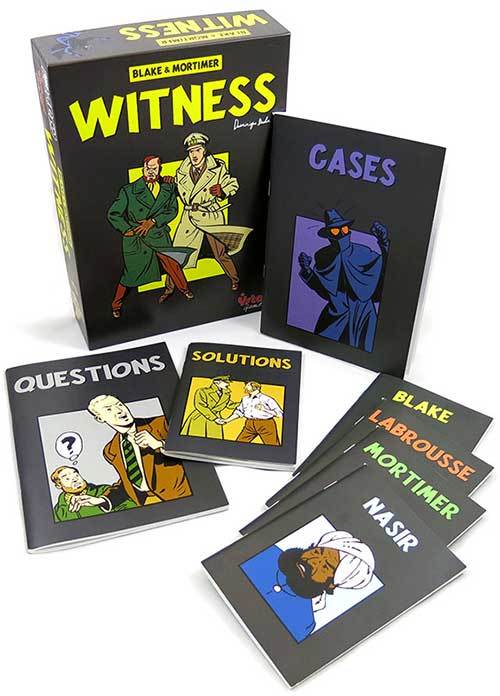Why Board Games
Even though the general reputation of these games has improved in the last couple decades, most people still think of games like Risk, Monopoly, Cards Against Humanity, or Settlers of Catan as representative of the medium. This thread is advocating for the kinds of games someone from Selectbutton would want to actually play.
What Board Games
There are way too many to list, so I’ll make an arbitrary, useless sorting of them. You know which category you belong to.
For Trend
-
Carcassonne: Venerable Tile-laying game, simple to explain and still excellently competitive. Scoring at the end of the game is a pain, but that’s why you play the digital version instead.
-
Dominion: I find this game boring but I won’t question the amount of design work that went into it. It is a game full of complex optimization puzzles. Dominion is loosely inspired by ‘deckbuilding’ mechanics from CCGs, and in turn inspired a million bad copycat games, only one of which I recommend, below.
-
Valley of the Kings: This is my preferred deck-builder (Dominion-derivative). It’s quick, challenging, features player interaction of a more interesting style than ‘Take That!’ mechanics, and all fits in one deckbox with minimal set-up/tear-down time.
-
Race for the Galaxy: A card game with simple rules and well-developed visual design about building a galactic empire. Of the videogame 4X, this game emphasizes exploration, exploitation and expansion, with “exterminate” almost completely down-played. It has one of my favorite ways to handle turn order.
-
Fairy Tale: The drafting game I recommend. Drafting is another mechanic taken from CCGs and turned into their own peculiar subgenre of game. Basically, each player gets a hand of cards, keeps one and passes the rest to the player on their right, until all the cards are gone. They then play 3 of the 5 cards they kept, discarding the remaining 2, trying to score as many points as possible. This repeats for 3 more rounds and the score is totaled.
For Corporate Attitude
-
Coup: This is a battle to be the last one standing in a cyberpunk future. You control two random cards that have special actions on them, but they are hidden from the other players. You of course, can and should lie to the other players about what you control. If they don’t call your bluff, you get to do whatever action you wanted. If they do, you lose control of one card. Once you lose both, you’re eliminated. 20 minute games full of bluffing and counter-bluffing
-
The Resistance: Cyberpunk again. Semi-cooperative. Play with the expansions, this game is great for large groups of people. most of the players are resistance members while a few are spies. The spies are trying to undermine the resistance by going on missions and sabotaging them, while the resistance are trying to figure out who the spies are and successfully complete most of the missions. See which of your friends are completely untrustworthy (all of them).
-
Netrunner: This is probably the premier lifestyle game, though I don’t play it. It’s an asymmetric LCG (like a CCG except you buy complete sets of cards instead of booster packs of random cards). If hacking corporate mainframes through the abstraction of cards sounds appealing to you, I guess try it out.
-
Hanabi: The players are a group of hung-over fireworks technicians who drunkenly jumbled up all their fireworks the night before and are now trying to sort them out on the night of a big festival. It’s entirely cooperative but the player is heavily restricted in the ability to speak. Each player holds their cards facing outward (so that they see the backs of the cards and everyone else sees the fronts of the cards). So each player must spend from a limited pool of resources to give very narrowly constrained clues to the other players. There aren’t enough resources to win easily (I have only gotten a perfect score once) and every group develops their own meta-game intuitively.
For Stoner
-
Dixit: This is like Apples to Apples (or any of its clones) but with surreal art instead of words. You state a verbal clue and put down a card in secret. Everyone else plays the card in their own hands that they think best matches your clue. Then, everyone votes for the card they think was yours. With the way scoring works, the challenge and fun of the game is trying to make a clue that one person will understand but will baffle everyone else.
-
Mysterium: This is Dixit merged with Clue. One of you plays a ghost, everyone else plays a psychic investigator. The ghost sends psychic visions (surreal art cards) to the investigators and the investigators must deduce who committed a murder, where and how from these visions. The ghost only communicates through these visions.
-
Codenames: A team-based word game. Absurdly easy to learn, and it will teach you to hate your friends for not understanding anything you say. Great at parties for this reason. There is a grid of words, representing the codenames of possible agents. Only the two spy-masters know their true identities, and they must communicate this to their respective teams with one-word clues. Great feats of associative logic and leaps of illogic abound.
-
Love Letter: Obligatory mention of this game. It’s probably the most casual game on the list and you can buy a new copy for 10 dollars. Play it with anyone, anywhere, each game takes about 2 minutes. It’s highly variant but fun because of how it is designed around this variance.
True Doom Murderheads
-
Space Alert: Have a real time panic attack while struggling to tell everyone else what they need to do and what you are doing, as asteroids and aliens and viruses and space pirates attack. This game is most similar to FTL, featuring real time disaster management in space. It’s a unique experience, perfectly capturing the feeling of uncertain doom as everything goes wrong at once. But, y’know, for fun…
-
Argent the Consortium: The chancellor of wizard school is dead, and the deans of various departments have one week to be elected the new Chancellor. Probably the best Worker Placement game out right now. Unlike most games in the genre, your workers aren’t essentially action-selection tokens, and each have their own abilities that make this game a hectic cold war, speaking of which
-
Twilight Struggle: The Cold War: the Game, from the co-designer of X-Com: Enemy Unknown. I haven’t played it yet, but I believe it is as good as literally everyone says it is. It’s 2 player only and has been out of print for a while. It’s back in print now.
-
Twilight Imperium 3rd Edition: The other Twilight game of note. There’s a distinct bloody-political bent to true doom murderheads, and that really comes through here, in a magnificent epic of a game, that dwarfs every other attempt at the space opera. My first game took over 10 hours, not including breaks for lunch and dinner.
-
Tragedy Looper: Time travel visual novel board game where the heroes are entangled in a tragic plot and must prevent tragedies from happening in order to win. When they fail, time is reset to the moment before everything went wrong and they are given another chance, though things will probably play out differently. It’s really a monstrously challenging deduction game.
Where do we play
Many of these games can be played with Tabletop Simulator. If you buy it and friend me on Steam and I’ll play them with you. I don’t encourage this option because TTS doesn’t enforce rules and technically most of these games are unofficial/unlicensed on there.
You can also play some of them, and many other good games on BoardGameArena for free. Add me as a friend or post a link to your profile and I’ll add you and I’ll play them there.
If you want to play Netrunner, most people seem to use OCTGN, though I am not familiar with the service. Netrunner can also be found on TTS but in a much less practical form.
Android and iOS has many fine ports of board games, usually for much lower cost than the physical version.


